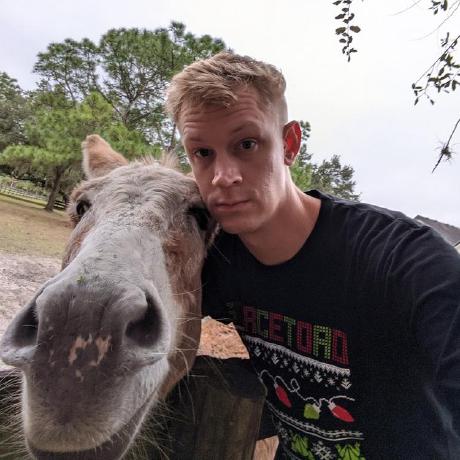Introducing Bytey - A Google Polyline Encoding library
One day we saw an interesting crash that one of our applications was generating a URL so long that Google's static map generation refused to generate it. With a bit of research we discovered lodged in the official documentation that there was a known limit.
Maps Static API URLs are restricted to 16384 characters in size. In practice, you will probably not have need for URLs longer than this, unless you produce complicated maps with a high number of markers and paths.
This led us to discovering that Google had the Encoded Polyline Algorithm Format designed to help pack information in the URL into a dense binary format in plain ASCII text in order to reduce characters. This blog is our journey to writing a little package to accomplish this in PHP.


